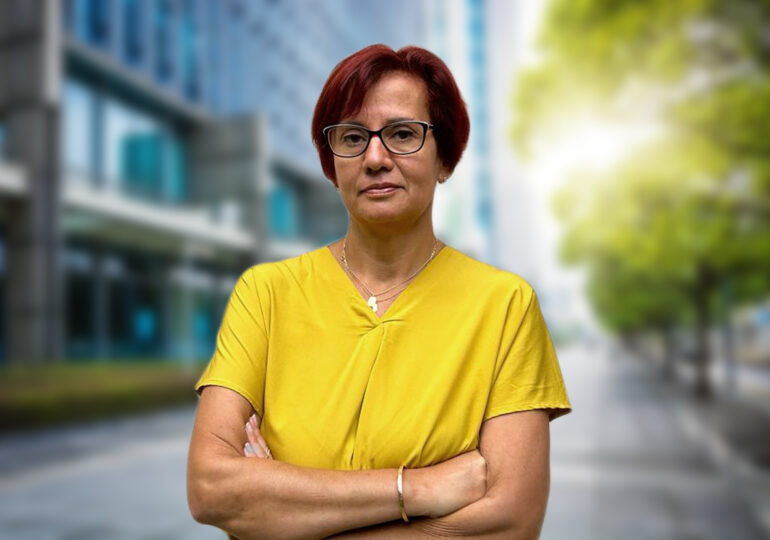As expected, Diana Șoșoacă is not allowed in the European Parliament as she was in the Romanian Senate.
The street-like episode was interrupted, and she was escorted out to the applause of the assembly.
The lack of space there for the behaviors that have defined her was also anticipated, as well as the isolation from other sovereignist groups that have refused her affiliation.
She is clearly a pariah, a oddity, an accident in European politics that will be neutralized.
But is she also an accident for Romania?
I fear that Ms. Șoșoacă embodies a symptomatology of Romania, both through manifestations and props.
1.Shouting has long been a preferred substitute for argument in school. I don't know if there is a European country where shouting is more prevalent. Adults among themselves, spouses, colleagues, relatives, drivers in traffic, strangers on the street, in the store, adults to children, children to adults, children among themselves.
A culture of dialogue is scarce, respect for argument is at a minimum. It is much simpler and quicker to assert dominance and authority by shouting. Shouting gives the illusion of supremacy, even by silencing the voice of reason.
Moreover, self-control and emotional intelligence are not taught or practiced anywhere in Romania, and the cultivation of critical thinking is a luxury.
2.Insult and defamation are widespread forms of communication, especially in the Facebook era. The reasons are similar to those at point 1. Dialogue with arguments is challenging, requiring knowledge, self-control, patience, and respect.
Therefore, those who shout at the top of their lungs hurling harsh words and slanders are perfectly adapted to the environment and often seen as successful models.
3.Resorting to religious symbolism is another key to success. We are a country that, instead of creating irrigation systems, sends a group of priests into the field to perform rain ceremonies.
There is nothing wrong with faith. On the contrary. It is wrong when religious arsenal replaces what should be serious action. From the perspective of believers, such a thing should be considered blasphemy.
"The icon always carries a silent, humble face, not distorted by hatred and difficult to look at. The icon does not engage in politics, does not protest, does not endorse wars, does not spew insults," wrote former spokesman of the Patriarchate, Vasile Bănescu, on Facebook.
4.Manipulation thrives in Romania due to poor education and widespread conspiracy theories. Successful figures are rarely those who tell the truth (although they are few), but those who launch the most shocking theories connected to the deep frustrations of the masses.
When Diana Șoșoacă went to the European Parliament with her black bag (her property!) and muzzle, she did not reveal anything, ask any questions, or present any vision. For the electorate in Romania, she triggered emotional responses. That was her goal and to some extent, she achieved it, looking at some of the comments generated by her spectacle.
What is happening to us as a society
As she is, Ms. Șoșoacă was voted by half a million Romanians. She crossed the electoral threshold unlike an honorable party like REPER, and SOS has the same number of MEPs as USR.
Whether we have made a fool of ourselves as a country in the European Parliament is up for discussion. The foreign press extensively covered the grotesque episode involving a Romanian elected by Romanians. Her name, her history are details that not many will bother to remember.
But what should concern us more is what is happening to us as a society, the symptomatology represented by Șoșoacă.
And it is worth considering the difference between how Diana Șoșoacă's outbursts were treated in the European Parliament and how similar manifestations were tolerated in the Romanian Senate.

